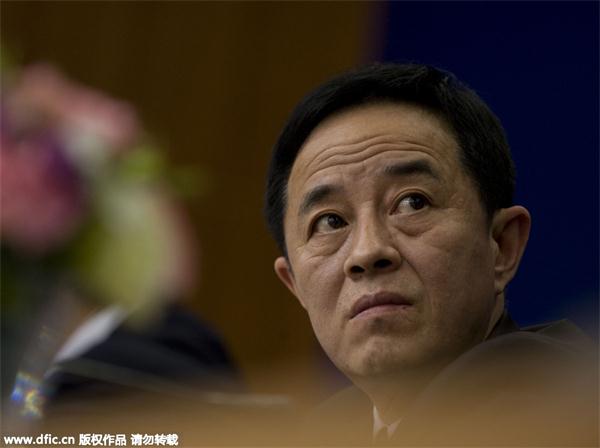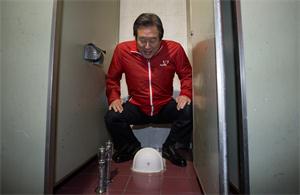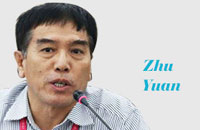House cleaning of judiciary is more than necessary
(China Daily) Updated: 2015-07-14 07:53
 |
|
Xi Xiaoming, vice-president of the Supreme People's Court, is investigated for alleged severe breaches of law and Party discipline, according to a statement released by the Central Commission for Discipline Inspection of the Communist Party of China. [Photo/IC] |
That Xi Xiaoming, vice-president of the Supreme People's Court, has become the first in his institution to be targeted by the "tiger hunters" of the Communist Party of China's Central Commission for Discipline Inspection inspires hopes of a thorough cleanup of the country's judiciary.
Hopes the country cannot afford to fail.
Prior to Xi's investigation, the CPC discipline watchdog had overwhelmingly targeted Party and government leaders. Yet, as has been rumored and speculated, the judiciary is clearly no exception to the rampant corruption the country's leaders have vowed to eliminate.
When they want to highlight the importance of the judiciary, people like to portray it as society's "last line of defense", and the courts and judges are expected to be the ultimate defenders of justice and society's bottom lines. But those lines have repeatedly been crossed lately, oftentimes by rent-seeking judges.
Rumors concerning the judiciary have been rife, with judges accused of bending the law in favor of bribers. The revelation that Xi had already been approached by the watchdog last year for alleged links with corrupt officials and business people in North China's Shanxi province, where one of the highest concentrations and broadest networks of corruption has been uncovered, adds a real-life footnote to such suggestions.
The massive corruption scandals in Shanxi, were in part uncovered as a result of the anti-corruption campaign in the energy sector, which was deemed the biggest "disaster area".
Xi's alleged connections with the messy Shanxi officialdom and business circles feeds logical speculation that his case is a natural extension of the probes there. Which, while it sounds reasonable, begs the question: Is this just a spillover, or aftershock, of the Shanxi "tremor"?
It is hoped that is not the case, because the already tarnished image of the judiciary calls for a scrutiny of the entire system.
There is concern about preserving the image of the judiciary; revealing too much of its dark side may damage public confidence in the system, some may argue. But that would be true only if the skeleton of corruption had been kept safely in the closet. That is not the case here.
Given that the public's assumption of corruption appear to have been well-founded, it will be far more constructive to make the Xi probe the start of comprehensive house cleaning of the judiciary.











